
RCUK have made an announcement on pathways to impact: http://www.rcuk.ac.uk/media/announcements/150115/ and here http://www.rcuk.ac.uk/RCUK-prod/assets/documents/documents/PtoIExecSummary.pdf
The key point is that RCUK has reaffirmed its commitment to Pathways to Impact and will require a clearly thought through and acceptable Pathways to Impact statement as a condition of funding in the future. This change will take effect for peer review panels which take place after 1st April 2015 – please see the appropriate Research Council website for details.
On Monday, a number of councils also published their 2013-14 impact reports, which are linked below.
EPSRC have updated their guidance on pathways to impact: http://www.epsrc.ac.uk/funding/howtoapply/preparing/impactguidance/ and have published an Impact report: http://www.epsrc.ac.uk/newsevents/pubs/economicimpactreport1314/ and a note about the next round of Impact Acceleration Accounts:
http://www.epsrc.ac.uk/newsevents/news/impactaccelerationaccounts/
AHRC impact report: http://www.ahrc.ac.uk/News-and-Events/News/Pages/AHRC-publishes-report-on-the-impact-of-research.aspx
ESRC impact report: http://www.esrc.ac.uk/news-and-events/announcements/33431/new-report-highlights-our-impact-in-2014.aspx and promoting REF impact case studies from ESRC funded research: http://www.esrc.ac.uk/news-and-events/features-casestudies/case-studies/
BBSRC has published its impact report: http://bbsrc.ac.uk/news/policy/2015/150119-n-bbsrc-publishes-latest-impact-report.aspx
MRC Impact report (published last year): http://www.mrc.ac.uk/news-events/publications/outputs-outcomes-and-impact-of-mrc-research-2013-14/
NERC Impact report: http://www.nerc.ac.uk/latest/news/nerc/impact-report/
STFC impact report: http://www.stfc.ac.uk/files/3269/3269_res_5.pdf
Finally, the overall RCUK impact report: http://www.rcuk.ac.uk/media/news/150119/
You can also view RKEO advice on producing a pathways to impact document on our blogs ‘research toolkit’: http://blogs.bournemouth.ac.uk/research/researcher-toolbox/je-s-guidance/impact-sections/


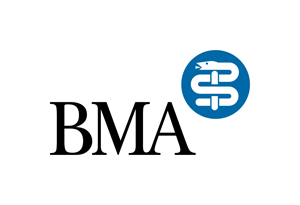


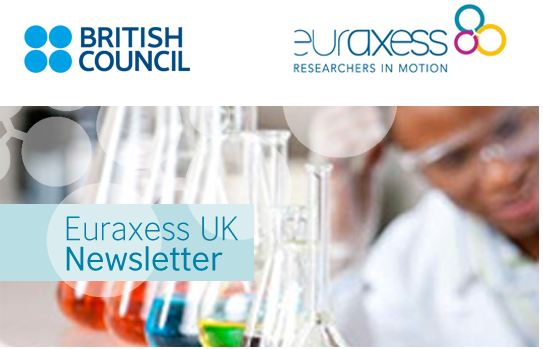
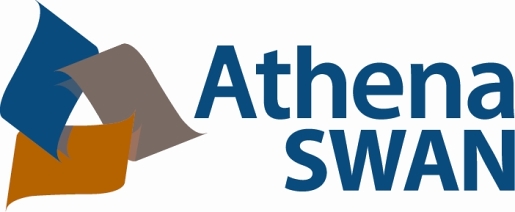
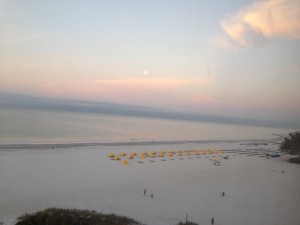
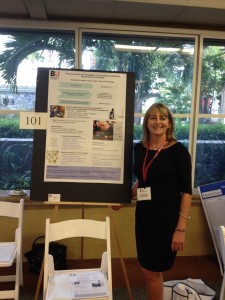
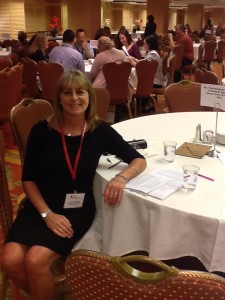

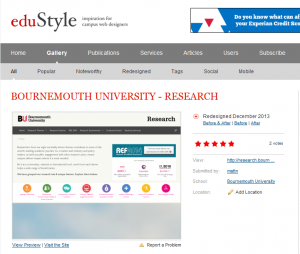

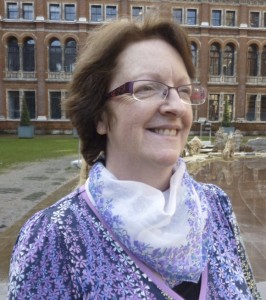














 REF Code of Practice consultation is open!
REF Code of Practice consultation is open! BU Leads AI-Driven Work Package in EU Horizon SUSHEAS Project
BU Leads AI-Driven Work Package in EU Horizon SUSHEAS Project Evidence Synthesis Centre open at Kathmandu University
Evidence Synthesis Centre open at Kathmandu University Expand Your Impact: Collaboration and Networking Workshops for Researchers
Expand Your Impact: Collaboration and Networking Workshops for Researchers ECR Funding Open Call: Research Culture & Community Grant – Apply now
ECR Funding Open Call: Research Culture & Community Grant – Apply now ECR Funding Open Call: Research Culture & Community Grant – Application Deadline Friday 12 December
ECR Funding Open Call: Research Culture & Community Grant – Application Deadline Friday 12 December MSCA Postdoctoral Fellowships 2025 Call
MSCA Postdoctoral Fellowships 2025 Call ERC Advanced Grant 2025 Webinar
ERC Advanced Grant 2025 Webinar Update on UKRO services
Update on UKRO services European research project exploring use of ‘virtual twins’ to better manage metabolic associated fatty liver disease
European research project exploring use of ‘virtual twins’ to better manage metabolic associated fatty liver disease